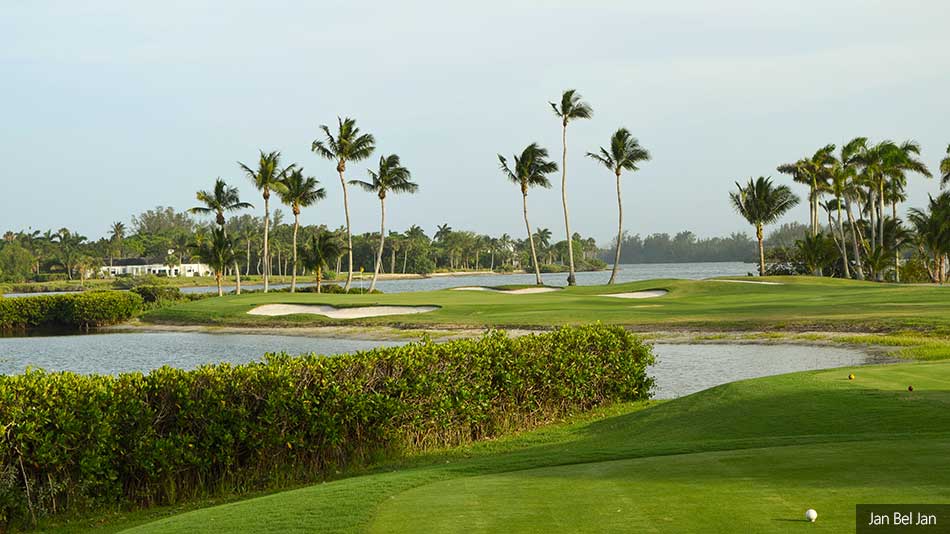Owning a home on a golf course is a dream for many, offering picturesque views and a serene lifestyle. However, when it comes to protecting your investment, understanding the insurance considerations for golf course homes is crucial. Whether you are an avid golfer or simply enjoy the ambiance, ensuring your property is adequately covered is paramount.

Understanding the Basics of Home Insurance
Before diving into specific considerations for golf course homes, it’s essential to grasp the fundamentals of home insurance. Home insurance provides financial protection against losses due to disasters, theft, and accidents. It generally covers the structure of your home, personal belongings, and liability protection.
What Makes Golf Course Homes Unique?
Golf course homes often stand out due to their location and the lifestyle they offer. These homes are typically part of a community with access to golf courses and other amenities. However, this unique setting also introduces specific risks and insurance needs.
Key Insurance Considerations for Golf Course Homes
1. Proximity to the Golf Course
Living close to the fairway can be enjoyable, but it also increases the risk of accidental damage from stray golf balls. Insurance policies may need to account for this possibility, so discuss coverage specifics with your insurer.
2. Liability Coverage
With guests frequently visiting to enjoy the golf facilities, ensuring robust liability coverage is essential. This coverage protects you if someone is injured on your property.
3. Weather-related Risks
Many golf course homes are located in regions prone to specific weather conditions, such as hurricanes or floods. It’s vital to ensure your policy covers these risks, potentially requiring additional endorsements or separate policies.
4. Homeowners Association Requirements
Golf course communities often have homeowners associations (HOAs) that may have specific insurance requirements. Ensure your policy complies with these stipulations.
Additional Coverage Options
1. Umbrella Insurance
Considering an umbrella policy can provide additional liability coverage beyond standard policy limits, offering peace of mind in case of significant claims.
2. Personal Property Coverage
Review your personal property coverage, particularly if you own high-value items like golf equipment. Ensure they are adequately covered under your policy.
3. Flood Insurance
If your home is in a flood-prone area, separate flood insurance may be necessary, as standard home insurance typically doesn’t cover flood damage.
Finding the Right Insurance Provider
Choosing a reliable insurance provider is as important as selecting the right coverage. Look for insurers with experience in covering golf course homes, as they will better understand your unique needs.
Conclusion
Owning a golf course home offers a luxurious lifestyle, but it also comes with specific insurance challenges. By understanding the insurance considerations for golf course homes and working with a knowledgeable provider, you can protect your investment and enjoy peace of mind. For those interested in exploring more about the lifestyle and community aspects, you might find Trump National Jupiter an intriguing option.

FAQs
What should I look for in a golf course home insurance policy?
Consider factors such as proximity to the course, liability coverage, and weather-related risks. Ensure compliance with HOA requirements.
Does standard home insurance cover golf ball damage?
It depends on the policy. Discuss with your insurer to ensure coverage for accidental damage from golf balls.
Why might I need additional flood insurance?
If your home is in a flood-prone area, standard home insurance may not cover flood damage, necessitating a separate policy.
This article contains affiliate links. We may earn a commission at no extra cost to you.

